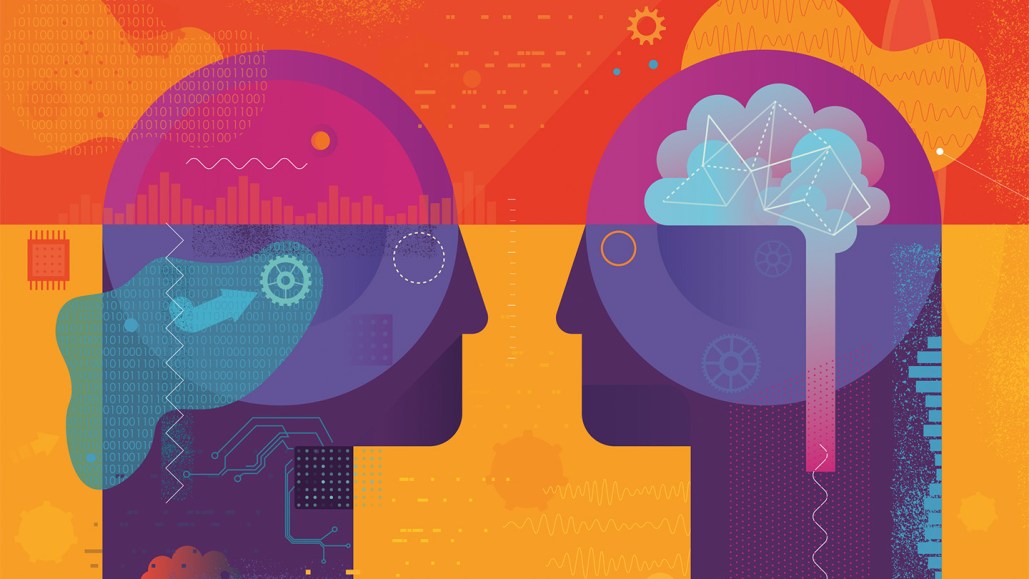
Artificial Intelligence
Why large language models aren’t headed toward humanlike understanding
Unlike people, today's generative AI isn’t good at learning concepts that it can apply to new situations.
Every print subscription comes with full digital access

Unlike people, today's generative AI isn’t good at learning concepts that it can apply to new situations.
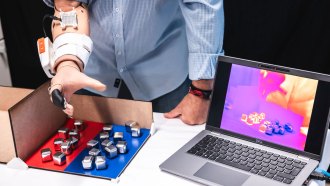
A device that can be integrated into prosthetic hands capitalizes on phantom sensations to enable users to sense hot and cold.
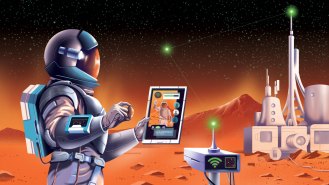
Future Red Planet inhabitants will need new ways to connect, including improved relay networks and an offshoot internet.
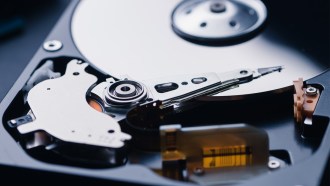
Science News reviews Roma Agrawal's book, which updates the classic list of simple machines and reveals the heart and soul of engineering.

To develop better safeguards, computer scientists are studying how people have manipulated generative AI chatbots into answering harmful questions.

After more than 50 years, metrologists will stop using the leap second to align the time kept by atomic clocks with the rate of Earth’s spin.
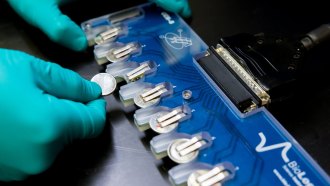
It took just 80 hours, rather than decades, to identify a potential new solid electrolyte using a combination of supercomputing and AI.
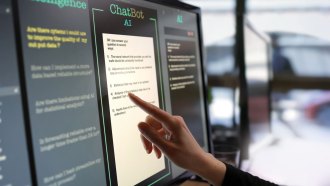
Prominent artificial intelligence researcher Melanie Mitchell explains why generative AI matters and looks ahead to the technology’s future.
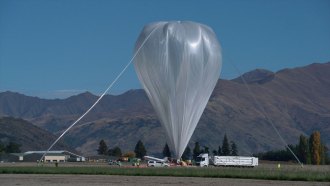
Last May, NASA’s Super Pressure Balloon Imaging Telescope crash-landed in rural Argentina. Scientists scrambled to recover the dark matter data aboard.

Devoted wife of a famed Filipino writer, Emma Unson Rotor worked on the proximity fuze at a U.S. agency in the 1940s.
Subscribers, enter your e-mail address for full access to the Science News archives and digital editions.
Not a subscriber?
Become one now.